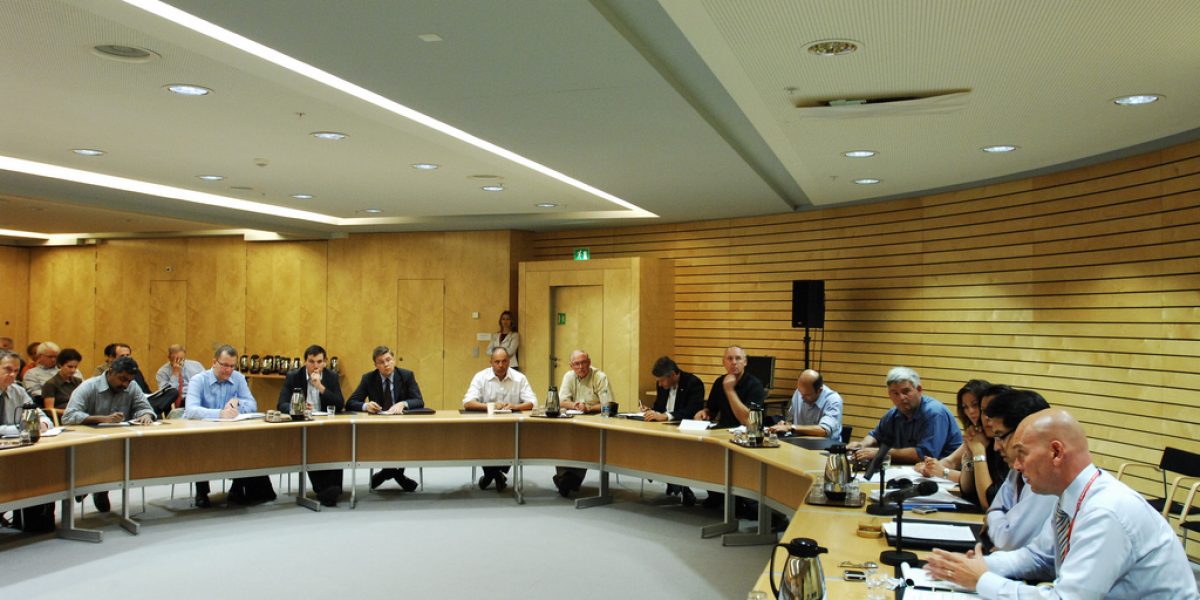Africa is not well placed to take advantage of substantial multilateral trade liberalisation. Tariff reductions for industrial goods will favour efficient East Asian producers; lower agricultural subsidies and tariffs will favour the Cairns Group of 17 farm producers (including Argentina, Australia, Brazil, Canada and Thailand); and liberalisation of trade in services will favour countries in the Organisation for Economic Cooperation and Development.
Of course, one could argue that properly managed and sequenced liberalisation, preferably on a unilateral basis, is in one’s own best interests. In recent historical experience, China and India are the exceptions that prove the rule. But that argument falls foul of the WTO’s mercantilist logic and the growing backlash gathering in Latin America and Africa against the free-trade Washington Consensus.
Indeed, these forces are converging strongly in Africa, where most countries have been under International Monetary Fund and World Bank tutelage for many years. When combined with residual anti-Western hostility, the result is a potent cocktail of doubt and suspicion.
Accordingly, African nations have adopted an overwhelmingly defensive approach to the Doha negotiations. They consistently argue for special and deferential treatment involving narrower and shallower commitments, and have demanded a revision of previous unfair agreements. In particular, they seek to avoid commitments to reduce tariffs both at home (in support of import substitution) and abroad (in defence of preferential access to OECD markets), and to avoid potentially onerous rules that would lead to greater implementation problems.
Can Lamy reconcile the African position with the Doha round’s push for an ambitious trade liberalisation package? The answer requires understanding the politics of coalitions within the WTO.
In the previous Uruguay Round of trade talks, the so-called Quad group _ the United States, EU, Canada and Japan _ largely directed proceedings, cut the key deals, and ensured that these were adopted. Developing countries (including African states) were noticeable largely for their absence, seeking opt-outs and exclusions. Only a small but influential cluster of pro-liberalisation developing countries in Latin America and East Asia broke away to cut deals with developed countries.
So it is scarcely surprising that the current multilateral framework strongly reflects 45 years of developed-country dominance.
Mr Lamy has spoken about establishing a new quad: the US, EU, the G20 (with India, Brazil, South Africa,and China at its core), and the G90 (centred on the Africa group). In his view, if an overall package is to be crafted, all these constituencies must agree. No doubt his kitchen cabinet of close advisers will reflect this approach. But the reality is that the OECD, plus 20-25 developing countries that have been globalising rapidly and successfully, account for well over 80% of international trade and foreign investment. They have the bargaining power, so they must take the lead in ensuring that poorer and weaker developing countries, notably the African, Caribbean and Pacific group (ACP), are truly consulted.
The pivotal issue in the Doha Round is agricultural reform in rich countries. The Cairns Group, consisting of competitive agricultural exporters like Australia and Argentina, were wary of Mr Lamy, given his background as a defender of EU agricultural subsidies. Yet Mr Lamy’s extensive understanding of EU internal decision-making processes and politics, and his influence on the global stage, tilted the balance in his favour as someone who might mediate significant reforms.
But it was the G90, especially the countries that were once European colonies, which ultimately swung the vote Mr Lamy’s way. They did so because they want to preserve their tariff preferences in the EU and their right to opt out of some WTO regulations.
These pressures are coalescing into a minimalist agenda for the Doha Round that will not yield much in terms of liberalisation of developed-country markets. Nor will it deliver much in the way of harmonisation of rules, as powerful constituencies in the EU, the US and Japan demand. This outcome will suit African governments, but it is not necessarily in their citizens’ best interests, as greater liberalisation, appropriately managed, could accelerate African development.
Paradoxically, a Doha Round with little to show for it would do more for preserving a non-discriminatory, rules-based multilateral trading system than the undisciplined, messy, bilateral and regional patchwork of trade agreements that now seems to be emerging. Without multilateral liberalisation keeping pace, power would trump rules in world trade; transaction costs for businesses would increase (especially through complicated rules of origin); and the poorest and weakest developing countries would be marginalised even further.
Can Pascal Lamy transcend these forces? Undoubtedly, the man who was dubbed the Exocet missile by his former European Commission colleagues has the energy, knowledge and experience for the job. The key question is whether he can rise above his roots as a French socialist politician and primary advocate for EU trade policy. On this score, his track record provides cause for some hope.








